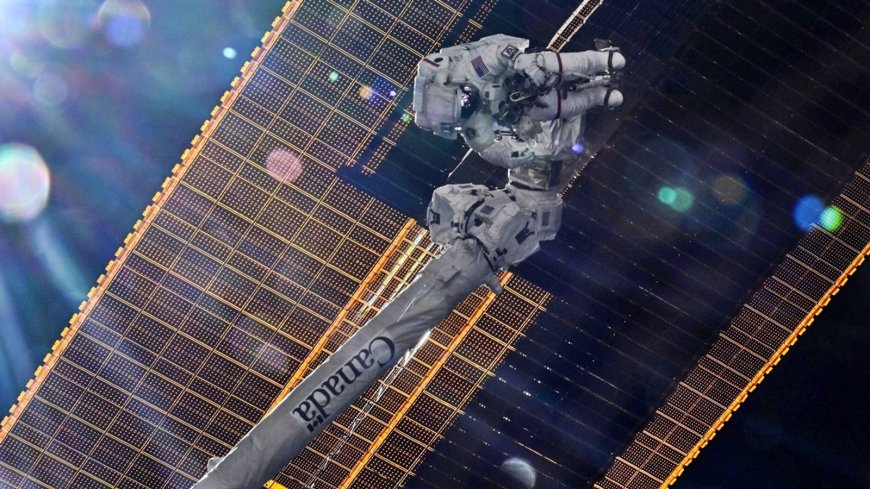Sunita Williams to return: How space travel affect astronaut health
Sunita Williams to return How space travel affect astronaut health

Sunita Williams to Return: How Space Travel Affects Astronaut Health
News by dharmyuddh.com
Introduction to Sunita Williams' Mission
Renowned astronaut Sunita Williams is set to make headlines once again as she prepares for her return to space. With over 322 days logged in orbit, Williams has been a significant figure in space exploration, bringing to light many critical aspects of astronaut health during long-duration missions. As she gears up for her upcoming journey, it’s vital to understand how space travel impacts the well-being of astronauts.
The Human Body in Space
Space travel presents unique challenges to the human body. Microgravity environments can result in various physiological changes, which scientists continuously study. From muscle atrophy to bone density loss, astronauts face numerous health risks when living and working in space for extended periods.
Effects on Cardiovascular Health
Astronauts experience significant changes in their cardiovascular systems due to the lack of gravity. Fluid shifts toward the head can increase intracranial pressure, impacting vision and overall health. Studying these changes is vital for the future of long-term space missions to ensure astronauts remain healthy during their travels.
Psychological Effects of Space Travel
Aside from physical changes, the psychological effects of isolation and confinement in space can be profound. Astronauts must cope with stress, separation from family, and the demands of their mission. Understanding how these factors affect mental well-being is crucial for mission planners and support teams.
Research and Countermeasures
To mitigate the health risks associated with space travel, NASA and other space agencies conduct extensive research. This includes exercise regimens, nutritional guidelines, and psychological support systems designed to help astronauts maintain their physical and mental health while in orbit. For instance, daily workouts can help combat muscle and bone loss, while team-building exercises assist in reducing stress levels.
The Future of Astronaut Health
As we prepare for longer missions, such as those aimed at Mars, understanding the health implications of space travel becomes increasingly essential. Sunita Williams’ experience and research will undoubtedly play a critical role in shaping future missions and ensuring the health and safety of astronauts as they venture beyond Earth.
Conclusion
Sunita Williams’ return to space is not just a personal achievement but also a significant step forward in our understanding of space travel and its effect on health. The data gathered from her missions will continue to inform and improve the lives of future astronauts, paving the way for more ambitious explorations of our solar system and beyond.
For more updates, visit dharmyuddh.com. Keywords: Sunita Williams space travel health, impact of microgravity on astronauts, astronaut health challenges, psychological effects of space travel, NASA exercise regimens for astronauts, long-term space missions health, cardiovascular health in space, astronaut mental well-being, future of space exploration and health.







